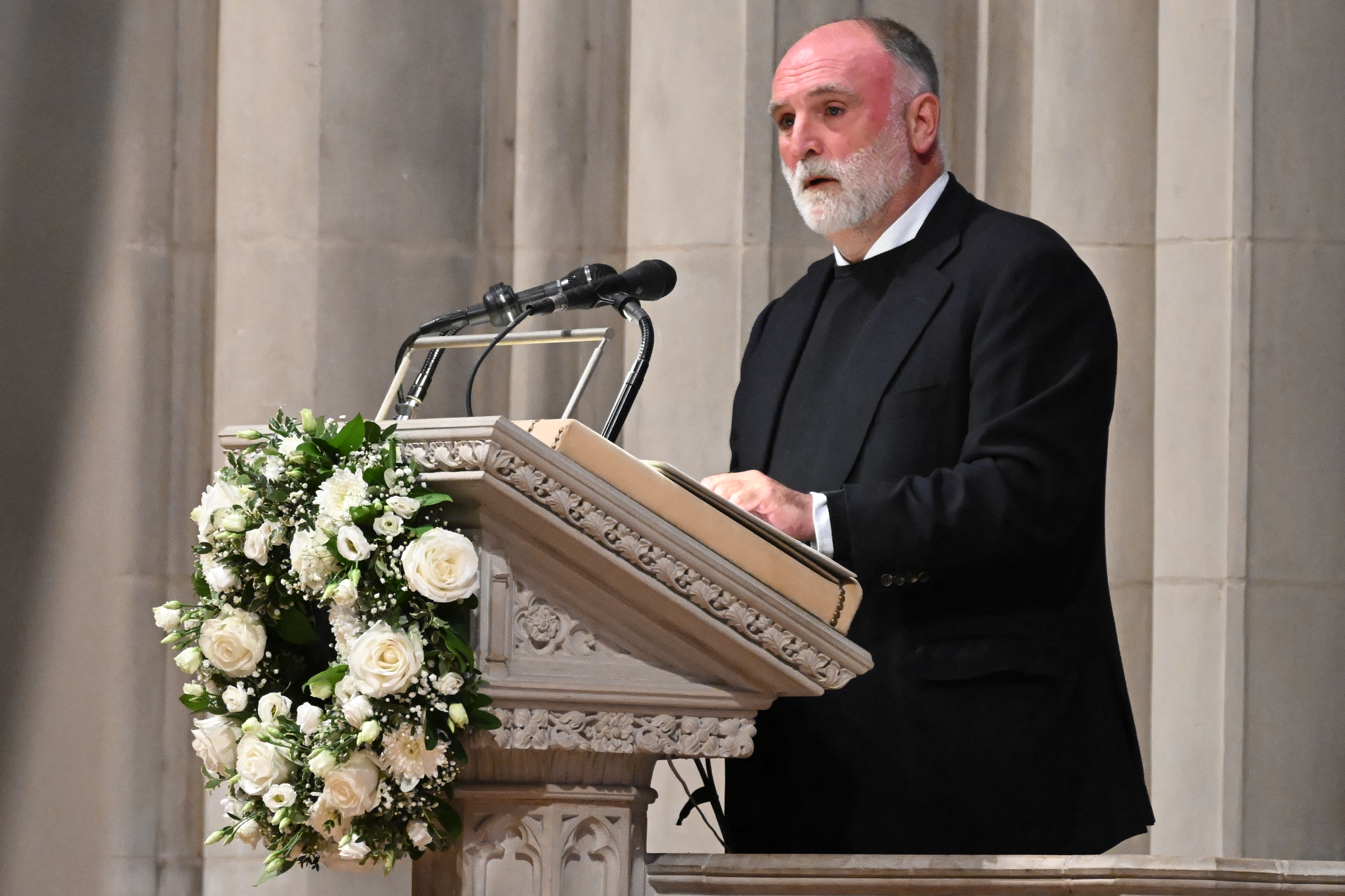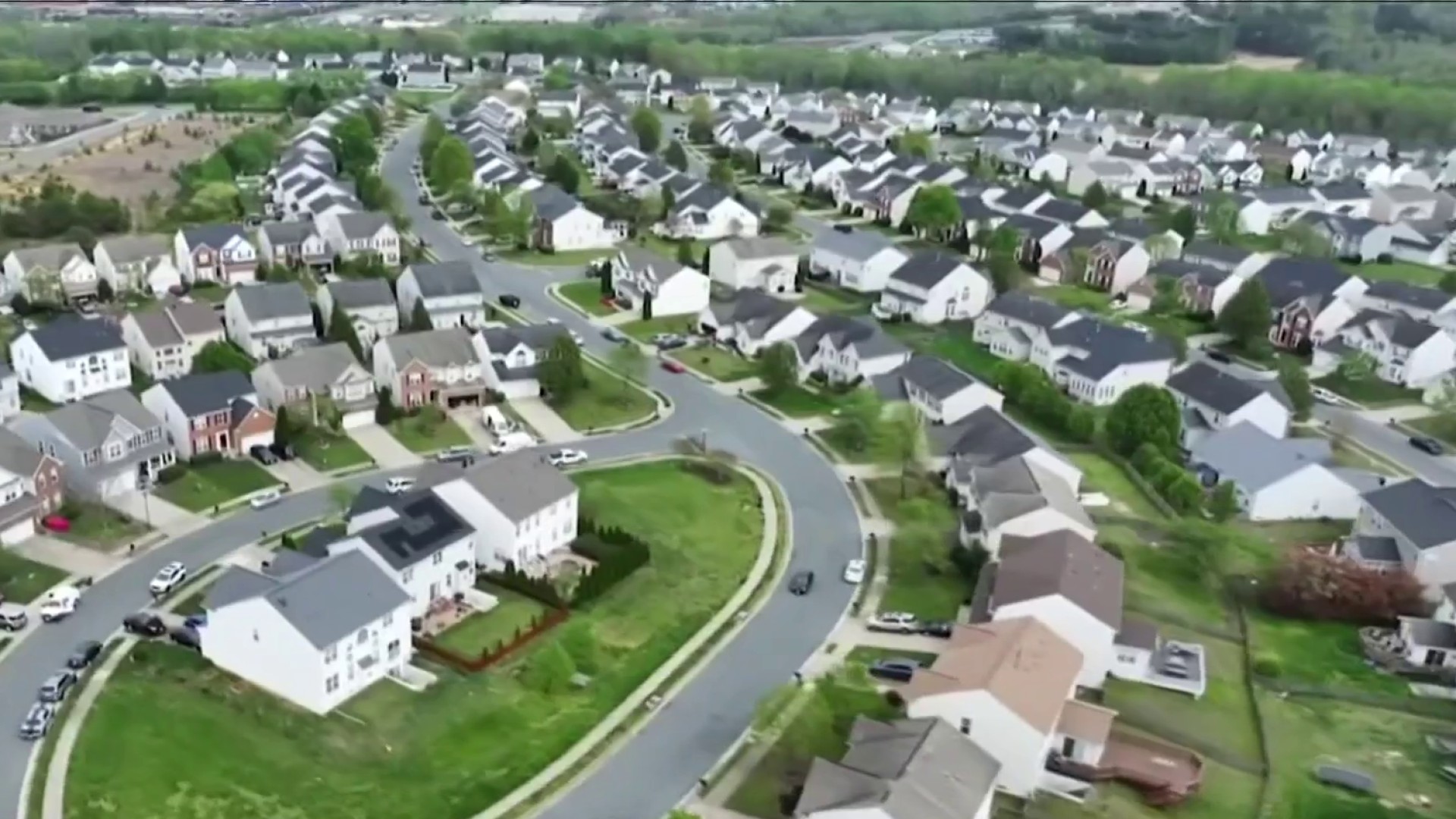One day after an 18-year-old gunman opened fire at an elementary school in Uvalde, Texas, schools in the Washington, D.C., area say they are taking precautions and making mental health resources available to soothe worries among their communities.
There are no reported threats in the D.C. area, but some school communities are stepping up security out of an abundance of caution. Many are encouraging people to speak to school counselors.
DC
D.C. Public Schools Chancellor Lewis Ferebee says DCPS will keep working with police on a layered security approach that includes school security guards and highly trained, youth-specific D.C. police resource officers.
We're making it easier for you to find stories that matter with our new newsletter — The 4Front. Sign up here and get news that is important for you to your inbox.
Ferebee encouraged students to access mental health resources.
“The trauma of incidents in Texas, in Buffalo, and the everyday gun violence that has become normal in this country is significant. I encourage the DCPS community to access the mental health resources available, and to give yourself time and space to process and grieve,” Ferebee said.
On the day of the Texas school shooting, the D.C. Council voted to remove officers from public schools over the next three years. The move comes weeks after a sniper opened fire on a private school in Northwest D.C., injuring four people, including a retired officer working as a security guard.
Local
Washington, D.C., Maryland and Virginia local news, events and information
Mayor Muriel Bowser’s administration and the union representing school principals urged the council to keep the school resource officer program in place.
Deputy Mayor for Public Safety Chris Geldart said he fears D.C. may someday see violence seen at other U.S. schools.
“You can’t look at it any other way but that it does make our schools less safe,” Geldart said. “I’m fearful that we may see some of the things that are happening in other places in the country happen here.”
“Without the school resource officers, you’ve got a big hole,” Geldart added.
Council Member Charles Allen supports removing officers from classrooms and said it’s overwhelmingly what students have sought, choosing other safety mechanisms.
Maryland
Anne Arundel County Public Schools says there may be an additional police presence near campuses.
"This is to help relieve anxiety of families, students, and staff. There have been no threats against schools," AACPS said.
The City of Hyattsville Police Department says officers will increase foot and vehicle patrols at schools. They will monitor social media for potential threats, plus answer questions from the community.
In Montgomery County, community engagement officers will continue to check on schools.
Montgomery County officials recently reversed a decision that removed police from schools last year, opting to reintroduce them in a limited capacity as community engagement officers.
In Maryland, school or student safety tips can be made by calling 833-632-7233 or visiting schoolsafety.maryland.gov. Go here for additional resources.
Virginia
In Fairfax County, the superintendent says the school system has one of the most advanced security systems in the nation —and lessons on gun safety are already built into the curriculum. Here are FCPS' gun violence prevention resources.
The Loudoun County Sheriff's Office says deputies will have an increased presence at elementary schools Wednesday.
Tips on What to Say to Children
Children need help to process tragic events, including the Texas school shooting or other violence that has recently impacted young people in Woodbridge and Alexandria.
Experts say it's helpful to start by listening and letting your kids take the lead in the conversation. If you need to jumpstart the discussion, try asking: "What have you heard about it?"
Caregivers are urged to talk to their children about what happened, and validate their feelings. Try phrases such as: "It's OK to feel sad/scared/mad/confused" and "These feelings are normal."
The National Association of School Psychologists (NASP) says caregivers should focus on building resiliency.
"You want to make sure you teach your children that you have to live your life, and you can't live it out of fear, because then you might not go anywhere," adolescent and child psychiatrist Dr. Aeva Doomes told News4 in 2018, after the school shooting in Parkland, Florida.
Carers should emphasize to children that their schools are safe places, and communities and first responders work every day to keep them safe, NASP said.
However, avoid making promises you can't keep like, "This won't ever happen here."
NASP says it's helpful to help young people understand the difference between the possibility that something will happen and how probable it is.
Allowing children to do things they enjoy, maintaining routine and spending time with friends and family can help them stop worrying, NASP says.
Here is the NASP's full guide on talking to kids about violence, including guidelines for different age groups.
Doomes said that older kids can benefit from having a space to talk about policies and politics that are relevant.
"You want to explain that, yes, this is about safety and children. It's also about policy," Doomes said. "Give your kid the ability to see: 'I might be able to help this situation if I'm voting, if I'm critically thinking about these issues.'"
Reach out to school counselors for extra help.
Stay with News4 for more on this developing story.



